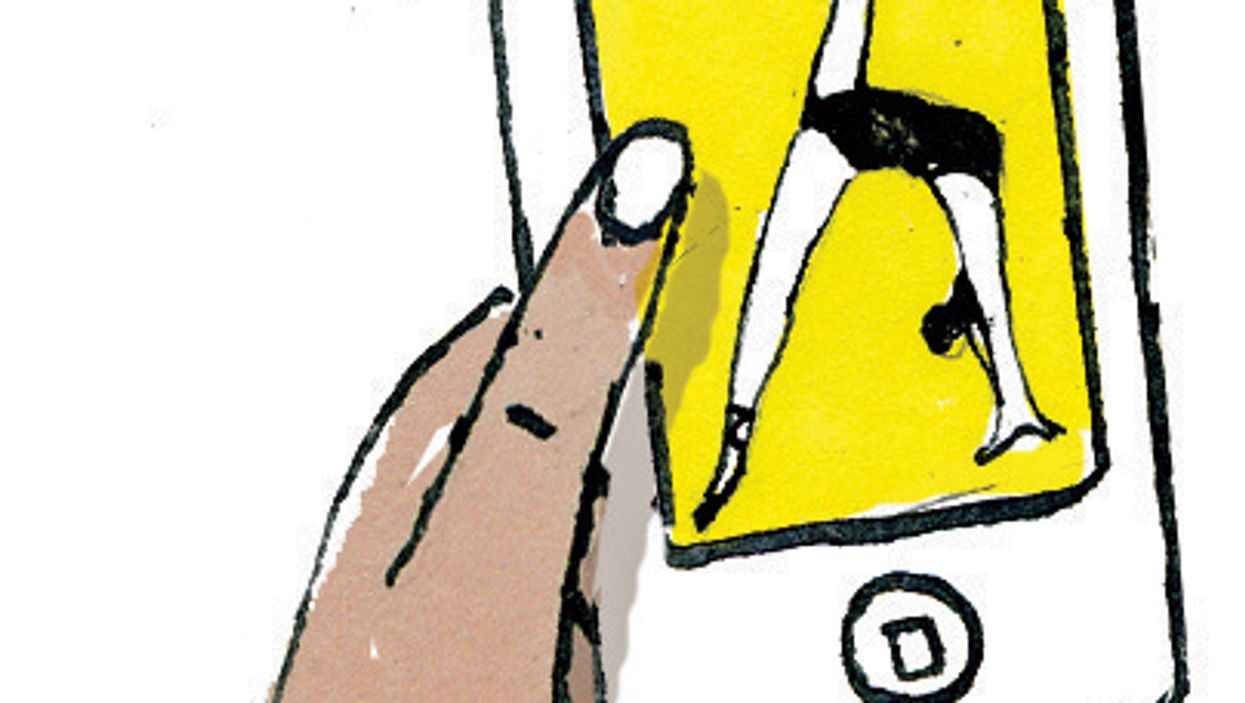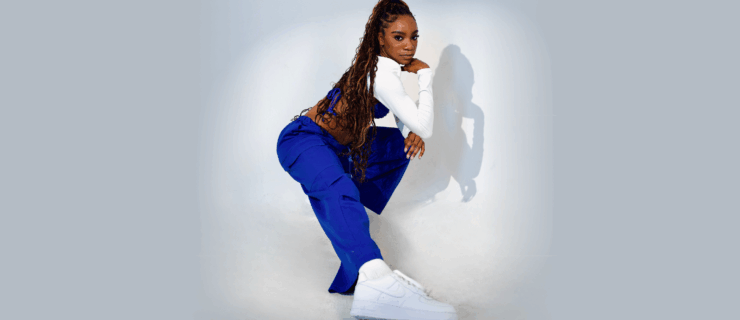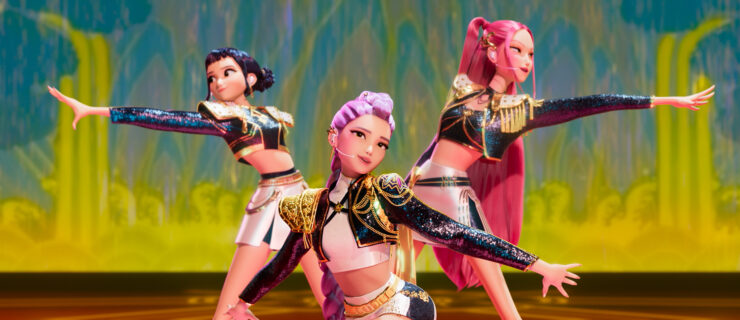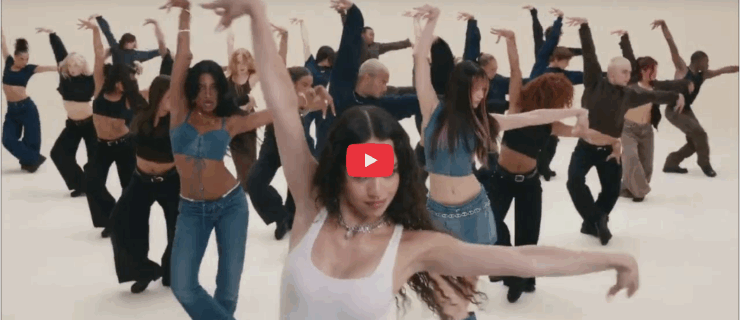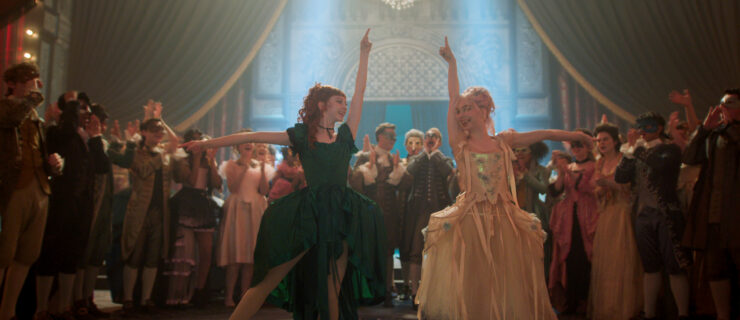How Dancers Can Deal with Social Media Stress
For 14-year-old Rose*, who trains at a prestigious ballet academy, social media is a double-edged sword. “I value it because I can keep in contact with people I meet at intensives,” she says, “and it’s also cool to follow dancers I look up to, who inspire me when I have down days.” But on the flip side, “there’s constant comparison,” Rose says. “A friend might post a video of herself, and when I see it, I worry—am I improving enough? There’s so much talent out there, it’s easy to view yourself unfavorably.”
If social media is giving you anxiety, it’s time to take a step back and reassess. That doesn’t necessarily mean going off the grid—though in extreme cases, logging out completely might be the answer. Here’s how to keep your social media experience from taking a toll on your mental health.
Focus on the Positives
“Social media is unhealthy when it makes you feel bad about yourself,” says Dr. Linda Hamilton, a psychologist who works with performers. She says the quickest way to boost your mood is to identify the ways the various platforms make you unhappy—and to avoid using them in that fashion. “If browsing dance stars’ photos on Instagram makes you feel insecure or depressed, I’d say to stop looking at those accounts,” Hamilton says. “If you go to social media to find support from people who are demonstrating healthy behaviors—if it’s a true community—that’s associated with more satisfaction.”
Jami Artiga, co-owner of The Dance Zone in Henderson, NV, says that her studio pushes dancers to use social media in ways that can feed their dreams. “We encourage them to look up companies or colleges, instead of only following celebrities and making memes,” Artiga says.
Take a Break
When you feel like you’re suffocating under the pressure to keep up with everyone else’s online excellence, setting limits for social media use can help you catch your breath. Hamilton cites a recent study in which 6 out of 10 teens who opted out of social media for a week said they felt better as a result. “Just as it’s OK not to look in the mirror if you’re being too critical of yourself, it’s fine to get off social media if it’s become a negative in your life,” she says. You might give yourself a daily time allowance, turn off notifications, or temporarily delete an app.
Just as it’s OK not to look in the mirror if you’re being too critical of yourself, it’s fine to get off social media if it’s become a negative in your life. -Dr. Linda Hamilton
As you reboot, consider talking to someone about how you’ve been feeling. “I’ve known dancers who felt like they couldn’t even tell their friends they were struggling, because they had to put out this image that everything was fantastic,” Hamilton says. “Find one safe person you can confide in, face-to-face. That’s usually a huge relief.”
Remember What’s Real
Yes, some dancers have turned social media fame into a legitimate career. But it’s much more likely that you’ll enter the professional world the old-fashioned way: by training tirelessly, and by auditioning a ton. That’s why, when Artiga sees students obsessing over social media celebs’ skyrocketing stardom, she offers to connect them with alums of The Dance Zone who work in the field. “Finding a mentor who can tell you what it’s really going to take to get a certain job is much more helpful,” she says. “A pretty scorpion jump makes a great photo, but it’s not a must for a career.” Qualities like hard work and punctuality are just as valuable—even if they don’t have the same social media cachet.
 Illustration by Clare Mallison
Illustration by Clare Mallison
Keep It in Perspective
As you gasp at the dizzying pirouettes and endless balances you see on social media, remind yourself that they take serious work to master—and that you’re also capable of putting in that work. Artiga asks her students, “What is it going to take for you to do that? More strength? Greater flexibility?” If a pose or step is potentially dangerous, she’ll also go over any risk of injury. (The last thing you want to do is hurt yourself by mimicking poor technique or attempting something that’s too far out of reach.)
In general, thinking more critically about the content you’re viewing on social media can help you take other people’s feeds less personally. “Social media shows an edited version of people’s lives,” Hamilton says. “They’re choosing the photos and videos where they look most attractive.” You don’t know what’s been retouched, or who’s standing just out of frame helping to make those epic shots possible.
Above all, remember that “the big names on Instagram are humans, too. They make mistakes and have bad days,” Rose says. “If you’re working as hard as you can, that’s what matters.”
*Name has been changed.
A version of this story appeared in the December 2018 issue of
Dance Spirit with the title “Social Media Stress.”
